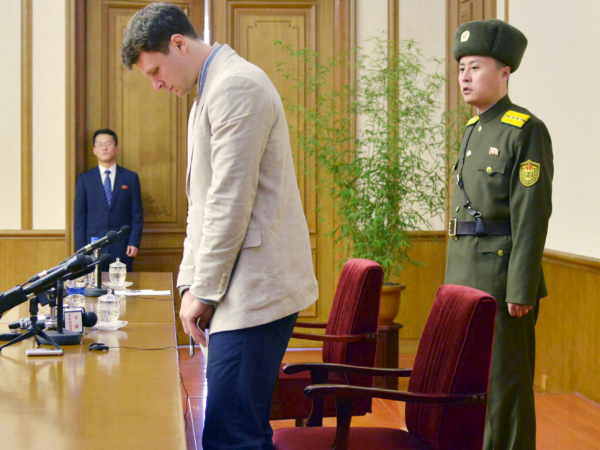Me: Okay. Let’s go on to the last question of this part. If people are unconscious before they pass over, are they aware of those around them?
Erik (almost in a shocked tone): Oh God! Yes!
Jamie (laughing hard): I love that reaction. (to Erik) That was very 16 year-old girl of you!
Me: Uh oh.
Jamie: That was very 16 year-old girl of him to go, “Oh, God!”
Erik: It’s so sad that people, in general, think that people in a coma or that are unconscious whether they were knocked unconscious or that they have a lack of oxygen so that made them unconscious, that they’re not comprehending the environment that’s around them—who’s come it, what’s been said. Commonly, again, when you’re speaking in general, in that state of mind, it’s not that you remember every single word that has been said to you or around you, but you recall all of the emotions and the quality of that emotion around you. It’s not that when you’re in a coma or unconscious that your perspective narrows in (he slowly puts his palms together in front of him), but it’s all of a sudden you have a greater viewpoint and a greater insight of the entire room and beyond that room. So, really what you’re doing is you’re seeing multiple layers of dimensions beyond what human beings mostly work within. You’re experiencing all of that, which heightens your sensation. It’s much like mediation. People say that when you go into that deep meditation, your head wants to think, “Oh, you go inward and deep within yourself,” But really your brain gets big and kind of expansive. That’s what being unconscious, being knocked unconscious, fainting, coma state, provides for the person. It’s almost like survival mode.
Me: Okay. Anything else on that?
Erik: Yeah. If you know someone that’s in that state of mind, stop talking to their ass and start giving them emotion. Man, that will resonate loud and clear.
Jamie laughs and blushes like he said something inappropriate.
Me: Well, will it help them come out of a coma or is that just the physical—the brain thing. Yeah, in some instances it can help them come out of a coma but mostly I’m saying it so that you can communicate clearer to your loved one or whoever is in front of you in that circumstance.
Me: Okay, Erik. Anything else before we close?
Erik: Nope.
Jamie: He’s doing (she mimics some sort of gangster movement of his hands.) whatever this is. Peace out.
Me: All right, Jamie, Erik, I love y’all.
Jamie: Absolutely. Take care, guys.
***************************
Dear Reader,
The journey on which you’re about to embark will take you through stories that are deeply personal and involves a relationship between a mother and her son.
As a physician raised by two atheists, I had no personal belief system about life after death. In a word, I was a confirmed skeptic. As my journey progressed, my mind opened. It is my sincerest hope that yours will open as well and that you will have a greater understanding of your own life and what’s to come ahead.
Although Erik sometimes paints a rosy picture of the afterlife, time and time again he stresses that suicide is not the answer to one’s problems. If you struggle, please understand that the information in my blog and my book is no substitute for professional help. Please click here for a list of resources for help when you find yourself considering taking your own life. Know that they are readily available when you feel that hopelessness and despair that many of us feel from time to time in our lives.
I refuse all donations and ad revenue on the blog. It is my dream to one day establish a nonprofit organization that delivers a variety of spiritual services for those who have lost loved ones to suicide and cannot afford that assistance on their own. It’s a mission of love, sacrifice, and dedication.
Love and light,
Elisa



